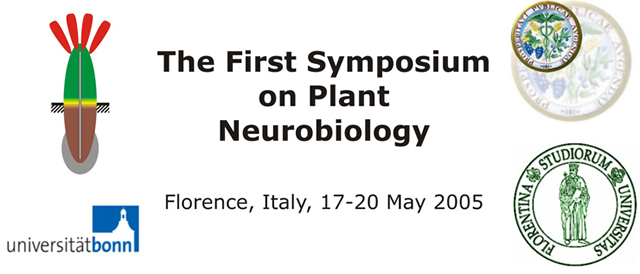|
The brain of plants: neurotransmitters, neuroregulators and neurotoxins |
| |
|
Susan J.
Murch |
|
Institute for Ethnobotany, National Tropical Botanical Garden, 3530 Papalina Road, Kalaheo, 96741,
HI, USA |
| *email:
smurch@ntbg.org
|
| |
|
The existence of humans in our world is dependent on plants and human culture is
profoundly influenced by those plants which affect the function of our brains. Some plants are chosen and
cultivated for their capacity to change our moods while other plants contain toxins that impair our cognitive
functions. One of the more fascinating questions in plant biology is the role of these compounds in the growth
and development of higher plants. It has been hypothesized that neurologically active secondary metabolites in
plants function as anti-herbivory compounds or attractants. Additionally, recent evidence suggests that the
compounds may play regulatory roles in plants similar to those observed in other species. The discovery of the
mammalian neurohormone melatonin in growing plants and the correlation of this compound with photoregulated
processes is one example of a human hormone that mediates plant growth. Further studies have uncovered a range
of neurologically-active plant-based compounds with functions and activities in organisms throughout the
ecosystem. As new techniques are developed to study these compounds and their activity in plant and animal
systems, there is enormous potential to develop a greater understanding of plant life, human health and human
diseases. |

